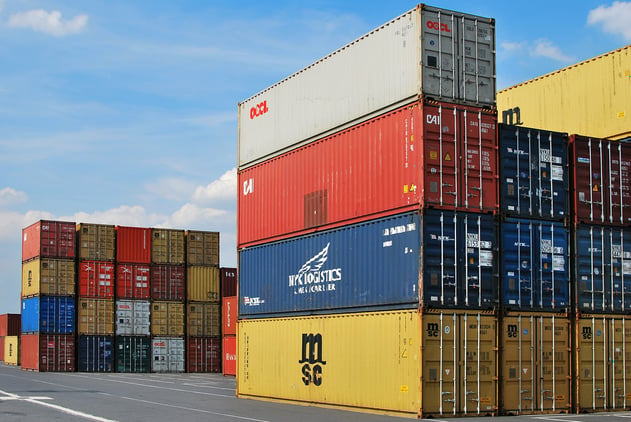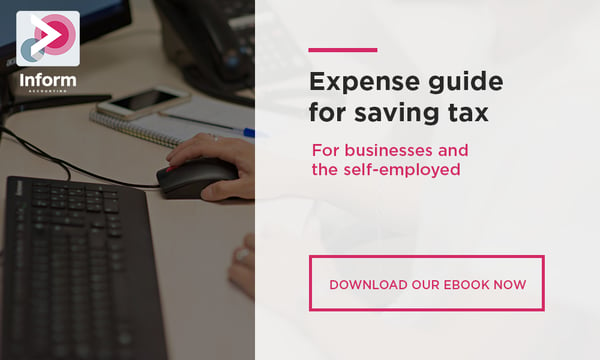BLOG
How will a ‘No Deal’ Brexit affect EU trading?

Britain is due to leave the EU on 31 October 2019, “no ifs or buts” according to Boris Johnson. So how will a no deal Brexit affect UK businesses that are trading with countries in the EU?
Currently, if you trade with any country outside of the EU, for example America or China, you’ll be accustomed with the general import and export requirements of trading. Under a no deal Brexit, import and export rules would apply to any goods traded with an EU country. The exception to this rule would be if you are trading goods with Ireland across the Northern Ireland - Ireland land border, this will continue as normal (for now).
Below we’ve listed some key actions you can take now to prepare your business for a no deal.
Get your EORI number
This stands for Economic Operator Registration and Identification number. Any business that imports or exports goods into or out of the EU needs one of these. The Chancellor, Sajid Javid, announced last month that 88,000 VAT registered businesses trading with the EU will be given an EORI - so you shouldn't need to apply. However, you can still apply for an EORI number here.
Consider using an import/exports agent
Agents can be used to declare goods for you, and handle the paperwork on your behalf.
Classify your goods
Commodity codes are used to classify goods in order for the correct duty to be calculated. Ensuring you have the right commodity code could potentially save you tax, so be sure to spend time classifying your goods properly.
For example, leather handbags are likely to have a different classification to raw hides and skins, meaning potentially different duty to pay.
You can review the commodity codes available here.
Knowing your commodity code is correct is also vital for imports. You’ll need to calculate the amount of import duty on your goods entering the UK in order to correctly calculate your profit margins.
Review your Customs Procedure Code (CPC)
The customs procedure codes (CPCs) identify the customs and/or excise regimes which goods are being entered into and removed from. You can find a list of codes here.
Safety and Security Declaration
Separate safety and security declarations would also need to be made by the carrier of the goods (this is usually the haulier, airline or shipping line, depending on the mode of transport used to import or export goods).
Pay Customs Duty
Of course, if you're importing or exporting goods through customs, you will need to pay customs duty.
Call us on 0121 667 3882 or email hello@informaccounting.co.uk to talk to our experts today.
Read more of Inform's tax blogs:
Selling into America? Here’s what you need to know about ‘Sales Tax Nexus’…
Short-term financing to support your business growth
A guide to VAT for e-retail businesses
How to prepare a quarterly cash flow forecast (and why its essential for EVERY business




.jpg?width=1500&height=1000&name=amy-hirschi-K0c8ko3e6AA-unsplash-(5).jpg)

